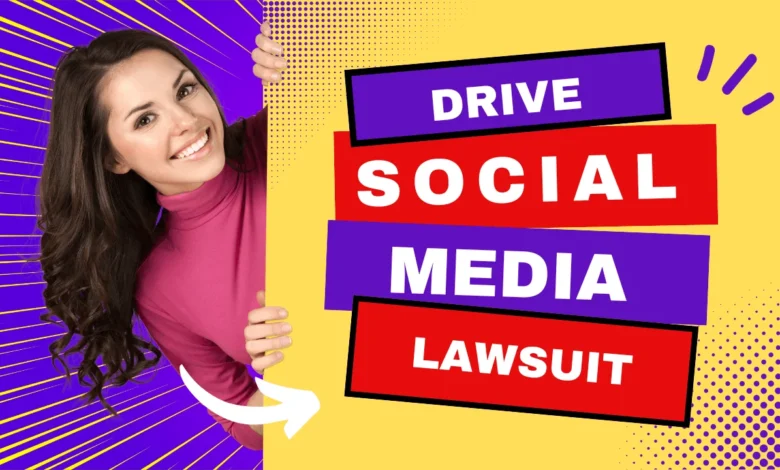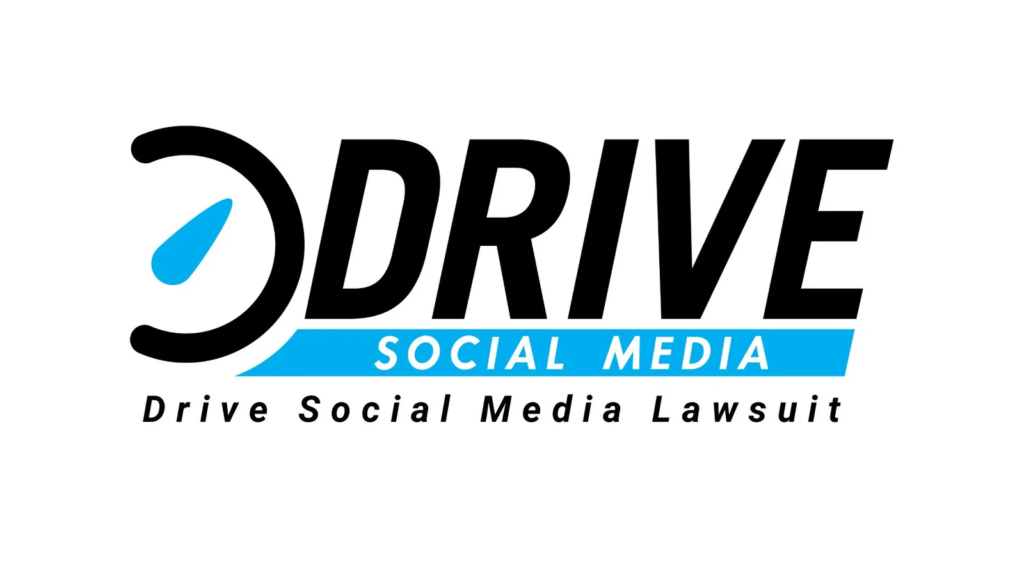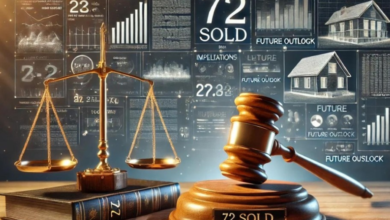Drive Social Media Lawsuit: Understanding the Legal Landscape

What is a Social Media Lawsuit?
A drive social media lawsuit refers to a legal case that arises from interactions or activities conducted on social media platforms. These lawsuits can stem from various issues, including defamatory statements, privacy violations, copyright infringement, and harassment, all of which are significant concerns in the digital age. In essence, social media serves as a public forum, leading to complex legal challenges that often reflect traditional legal principles interpreted through the lens of modern communication.
Defamation cases are among the most common types of drive social media lawsuit. They involve false statements posted on social media that could harm a person’s reputation. For instance, a public figure may file a lawsuit against an individual or organization for posting misleading information that damages their professional standing. Protecting one’s reputation online has become crucial, as social media can rapidly amplify potentially harmful content to wide audiences.

Privacy violations represent another dimension of drive social media lawsuit. These cases arise when individuals feel that their personal information has been shared without consent, particularly through unauthorized sharing of images or private messages. For example, an individual might take legal action if explicit content is posted without their permission, highlighting the tension between public discourse and personal privacy online.
Copyright infringement is also a significant issue within the realm of social media. Users frequently share content created by others without appropriate attribution or permission, leading to potential legal repercussions. Creators and artists often pursue drive social media lawsuit to protect their intellectual property rights against unauthorized usage.
Lastly, harassment cases on social media platforms have gained attention, with victims seeking legal action against their harassers. Such lawsuits can encompass a range of behaviors, from sending threatening messages to engaging in sustained bullying. As these issues continue to proliferate online, understanding the landscape of drive social media lawsuit is increasingly essential for both individuals and organizations. In conclusion, being informed about these legal avenues empowers social media users to navigate the complexities of their online interactions judiciously.
Key Legal Principles in Social Media Cases
As the proliferation of social media platforms continues, understanding the legal principles that govern social media lawsuits becomes increasingly significant. Among these principles is the First Amendment, which enshrines freedom of speech. While individuals enjoy the right to express themselves on social media, this right is not absolute. Various legal disputes have surfaced around content moderation and the boundaries of permissible speech, leading to intricate legal interpretations in courts. Users must balance their right to free speech with the potential repercussions of online expression, particularly when personal reputations are at stake.
Another crucial legal framework is Section 230 of the Communications Decency Act, which provides immunity to platform providers from being held liable for user-generated content. This repeal of liability has been pivotal in nurturing the growth of social media platforms; however, it has also sparked debate about accountability for harmful content. Courts generally favor platforms under this provision, which complicates the drive for drive social media lawsuit. For instance, cases like Kimzey v. Yelp! demonstrate the effectiveness of Section 230 in shielding platforms from responsibility for third-party reviews, forming a precedent for subsequent cases.
Furthermore, the legal treatment of public figures versus private individuals is a key consideration in drive social media lawsuit. Public figures often must meet the “actual malice” standard to win defamation claims, while private individuals have a lower threshold for proving harm. This distinction illustrates the varying degrees of protection afforded to different users and underscores the complexities involved when addressing user-generated content. Cases such as New York Times Co. v. Sullivan exemplify this divide, showcasing how courts navigate the nuances between private and public speech among social media users. Understanding these principles is essential for anyone navigating the legal landscape associated with a drive social media lawsuit.
Impact of Social Media Lawsuits on Users and Platforms
The drive for accountability within social media platforms has led to a notable increase in lawsuits, which has significant implications for users and the platforms themselves. Legal actions can profoundly affect user behavior, prompting a reevaluation of how individuals engage with social media. Users may become more discerning about the content they share, as they often face the risk of defamation or privacy breaches. Studies reveal that approximately 35% of users have reported altering their social media activity due to fears surrounding potential legal repercussions. This shift affects not just personal expression but can also hinder free speech, as users self-censor to avoid conflicts or lawsuits.
Social media platforms are not immune to the repercussions of these lawsuits either. As users express concern over their safety and privacy, platforms are compelled to reassess and modify their policies. For instance, following high-profile lawsuits regarding misinformation and user privacy, several platforms have implemented stricter content moderation guidelines to protect themselves from legal challenges. In doing so, platforms aim to foster a safer environment for users, but this often results in increased scrutiny and regulations, complicating the balance between content moderation and freedom of expression.
The repercussions of drive social media lawsuit extend to the reputations of both individuals and organizations. Repeated legal challenges can tarnish a user’s personal brand or a company’s public image, leading to decreased trust among consumers. A recent survey indicated that about 65% of individuals are less likely to engage with brands embroiled in drive social media lawsuit. As companies navigate this landscape, mitigating reputational damage becomes crucial, which often translates into proactive legal strategies and enhanced community management practices.

In conclusion, the implications of a drive for social media lawsuit accountability resonate widely, affecting how users interact with these platforms and influencing the platforms’ operational landscapes. As legal pressures evolve, stakeholders must remain vigilant to navigate this complex environment effectively.
Navigating a Drive Social Media Lawsuit: What You Need to Know
As social media continues to be an integral part of communication and branding, the potential for a drive social media lawsuit becomes increasingly prominent. If you find yourself accused of wrongdoing in the realm of social media, it’s essential to adopt a strategic approach to safeguard your interests.
First and foremost, documentation is key. Keep a thorough record of all communications and posts relevant to the case. This documentation can provide critical insights into the context and intent behind your social media activity, which may be important in demonstrating your innocence or mitigating damages.
Furthermore, it’s imperative to refrain from making any public statements regarding the lawsuit. Public responses can exacerbate the situation and potentially lead to further legal complications. Instead, direct your attention towards creating a plan for addressing the allegations, preferably with the assistance of legal experts who specialize in social media and communication law.
Seeking legal counsel is a crucial step when facing a drive social media lawsuit. An attorney with expertise in this area can equip you with the knowledge necessary to navigate the legal landscape effectively. They will guide you through the intricacies of the law, helping you understand your rights, potential liabilities, and the most effective strategies for your defense.
Additionally, implementing preventative measures on social media can significantly reduce the risk of future legal issues. Regularly reviewing and updating your social media policy, training employees on appropriate online behavior, and monitoring online activity for potential red flags can help maintain a positive online presence and avoid missteps that could lead to litigation.
In conclusion, by taking proactive steps, seeking professional legal help, and fostering a culture of awareness around social media usage, individuals and organizations can better navigate the challenges posed by a drive social media lawsuit and mitigate their risks effectively.


